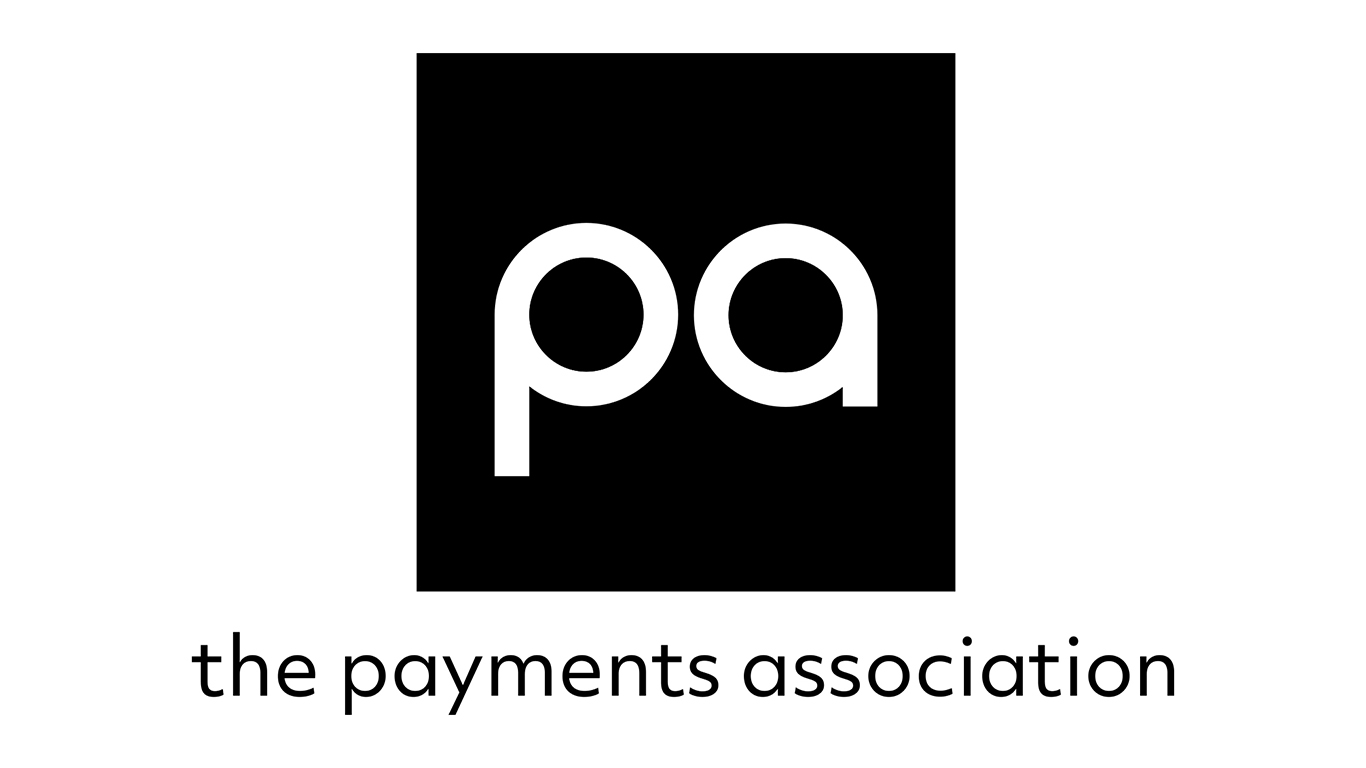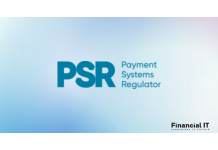INTX Integrates Tranzpay To Deliver Fully Embedded...
- 02.01.2026 12:35 pm
Fiserv Collaborates with Visa To Accelerate Agentic...
- 23.12.2025 10:00 am
FAB and Mastercard Transform UAE Business Payments...
- 22.12.2025 01:25 pm
Greater Flexibility to Be Given for Setting Future...
- 22.12.2025 11:55 am
PSR Takes Action to Boost Transparency and Governance...
- 22.12.2025 11:55 am
Moneyhash and Mastercard Collaborate to Expand Access...
- 19.12.2025 02:00 pm
Equals Money Partners with Okta To Secure AI-Driven...
- 19.12.2025 01:25 pm
New Research Highlights Strong National Support for...
- 19.12.2025 08:35 am
Interchecks and Mastercard Partner to Advance Account-...
- 18.12.2025 02:55 pm
New Strategic Partnership Between Yowpay and Akurateco...
- 18.12.2025 11:45 am
Mastercard Expands Silver Logo Benefits with Launch of...
- 18.12.2025 11:35 am
Deutsche Bank Launches Wero for More Simple and...
- 18.12.2025 10:20 am






















